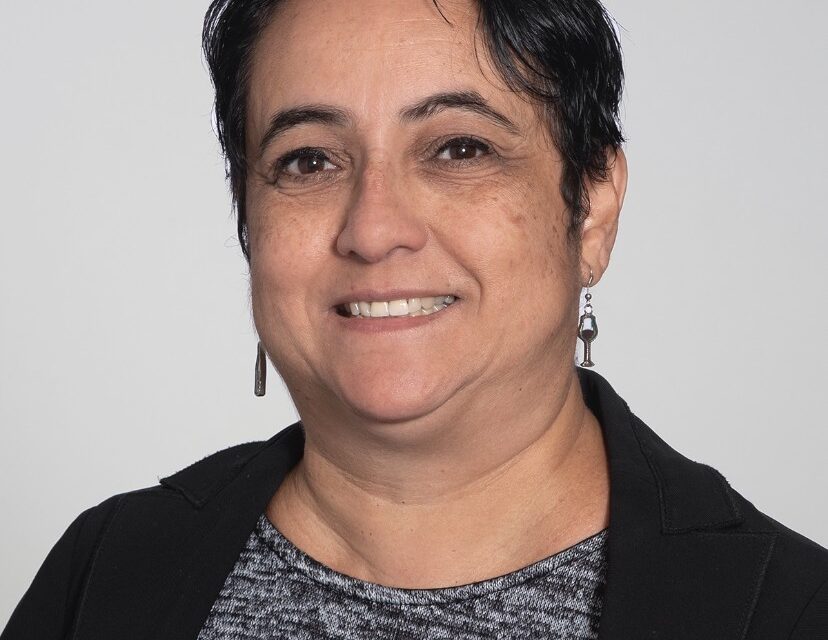Graciela Emerson recently completed her third year as a participant in the Cleveland Clinic Brain Study, a first-of-its-kind study that will lead to future breakthroughs to help identify, prevent and treat neurological diseases. Launched in 2022, the project aims to follow 20,000 healthy individuals for 20-plus years.
Emerson’s decision to join the study was personal. Her father was diagnosed with Alzheimer’s disease several years ago. While medications are available to manage symptoms and slow disease progression, there is no cure.
“I hope that by participating in the Brain Study I can help improve care – maybe not for my father, but for younger generations,” says Emerson, and I hope others will join me in this effort.
One in six people lives with a neurological disorder such as Alzheimer’s disease, epilepsy, Parkinson’s disease and multiple sclerosis. While people can make lifestyle changes to decrease the risk of developing these conditions, doctors still can’t pinpoint why some people get them and others don’t.
“With this study, we have the potential to discover causes of neurological disorders,” says Andre Machado, MD, PhD, chief of Cleveland Clinic’s Neurological Institute and a leader of the Brain Study. “Our hope is to change the course of neurodegeneration, with the long-term goal of curing diseases in their earliest stages, years before symptoms appear.”
Cleveland Clinic is seeking study participants. Men and Women of all races/ethnicities age 50+ with no known neurological disorder, or neurologically healthy adults age 20+ who have a first degree relative (e.g., parent or sibling) diagnosed with multiple sclerosis, are eligible to enroll in the Brain Study. Volunteers undergo yearly assessments including a neurological examination, bloodwork, brain MRIs, sleep studies, and other memory/cognitive assessments.
For more information or to enroll, visit clevelandclinic.org/brainstudy.







